From yellowheadinstitute.org link to post by Bob Watts, October 17, 2018
TODAY MARKS Canada’s newest national holiday, Cannabis Day.
While tax collectors are anticipating a windfall from the soon to be legalized cannabis market, provinces are making up rules on the run in the face of expected revenues, and the federal government seems to booting some basic, tough questions down the road, it is First Nations who are left to sort through social, legal and political minefields.
Those communities will struggle to balance the health and safety of their members with potential economic opportunity while acting to reflects culture and values.
Given this state of affairs, there are four critical issues that must be addressed post-Cannabis Day.
First, while the law has been long since written, there may be opportunities to shape its enforcement. When the Senate raised concerns about the exclusion of First Nations, they were assured by federal officials that consultation would happen over the next year and significant issues such as community health and revenue sharing would be addressed. Aboriginal rights in Section 35 of the Constitution as well as UNDRIP could potentially serve as a basis to make regulations regarding cannabis and First Nations.

These tools should be leveraged by communities in proactive ways and we can expect progressive First Nation leadership to model examples of community-led cannabis laws and demands for revenue-sharing from federal and provincial governments. We can also expect push-back from those governments.
Because, second, and despite any constructive efforts on the part of First Nations, those governments will likely intervene. When asked about some First Nations banning the sale of cannabis in their territory, Minister Blair asserted that it was “unlikely” that the federal government would interfere but that a ban “would run counter to the intent of the Act.” This despite some provincial regulations allowing municipalities those powers. It also seems likely that some provinces will clamp down on First Nations deemed to be moving too quickly into the cannabis market or on those operating without a provincial license.
The journey of the Cannabis Act reveals the deep flaws in the legislative process that the recent Supreme Court of Canada Mikisew Decision exposed. This is underwritten by the same old Doctrine of Discovery form of law-making. Consider where Parliament get its authority to pass laws in Canada. Constitutional sources, yes, but before then? There was no conquest, and if it’s not the reviled church decree (the Doctrine) granting Christian nations colonizing authority, it must be treaties. If that’s the case, absent any genuine contemporary relationship with Indigenous people, the Crown (or even parliament) has no authority to act.
Yet, here we are with another example of unilateral legislation, a style of federalism that ignores Indigenous perspectives, jurisdiction or basic inclusion. The questions raised here are admittedly huge, but should be considered as we try to squeeze the genie back in the bottle.
Third, and what should really be happening before all else, First Nations must have some difficult internal conversations about health and safety.
Regrettably the time to have these conversations has been compressed. But there are real struggles in First Nation communities. Some of our wisdom keepers, community members and leaders are asking questions foundational to any policy or regulatory scheme. Do we protect our youth by raising the legal age for possession and consumption, given concerns on the effect of cannabis on the developing brain, or do we make greater efforts to educate our youth, perhaps both?
Senator Dan Christmas summed up some of the dilemma succinctly when he said, “In the Indigenous context, this bill represents one of the greatest paradoxes I’ve encountered in my legislative time here. Indigenous people are torn between the allure of getting in on the multibillion-dollar cannabis industry and the spectre of legalized pot casting a long and threatening shadow on an element of Canadian society already ravaged by unmitigated poverty, ill health, poor education outcomes, high rates of cannabis usage among youth, high unemployment, drug dependency and epidemic rates of suicide.”
Put another way, can cannabis legalization allow healing from colonization? Probably not. But it could change healthcare for communities.
Fourth, First Nations can expect the introduction of cannabis for medicinal purposes in more formal ways, but, also a tension with traditional medicine and culture.
There are arguments on both sides of the question of whether or not cannabis is a traditional medicine. But no matter the answer to that question, healing is healing and we could be ushering in a new era of healthcare. Cannabis is a very complex product with almost infinite combination of THC and CBD in products. This will compound as the secondary and tertiary cannabis based products hit the market in the next couple of years. If used well, it could produce major improvements in Indigenous health (if misused it could add to the already unequal health environment mentioned above).
Wiisag Corp., an Indigenous Health Services company is a leader in this discussion as they move to create a unique Health Services Bureau (HSB) to determine if cannabis is a viable medicinal product within a patient’s overall health regime. Partnering with Canada’s premier telemedicine platform along with researchers, HSB will be spearheading much needed Indigenous health research in this area.
If fully embraced, how should Indigenous knowledge inform cannabis therapies, but also land management and environmental practices?
So when we greet Cannabis Day 2019, my hope is that wisdom will have prevailed amid each of these critical conversations. A year from now we could see Indigenous legal and regulatory regimes will be in place, verification of cannabis products that ensures safety for consumers, Indigenous people leading breakthroughs in Cannabis-based healing practices, and at the very least, the federal and provincial governments will have resource revenue sharing agreements in place with communities while reflecting on their source of authority. It is, after all, high time.



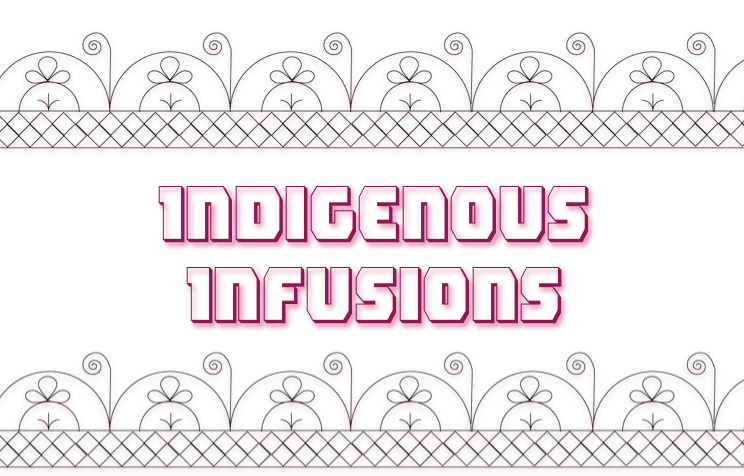


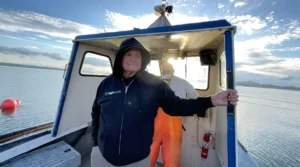

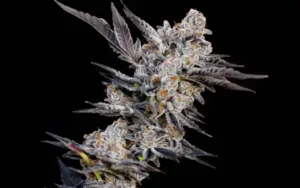
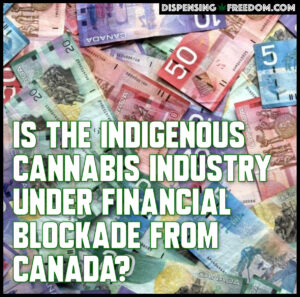



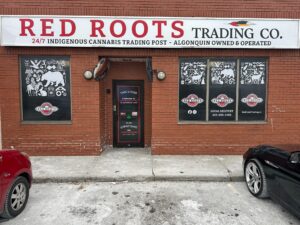
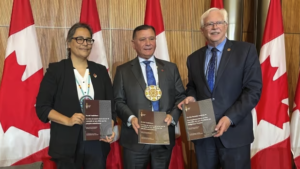




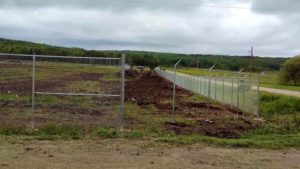
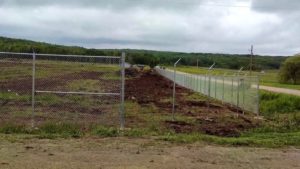
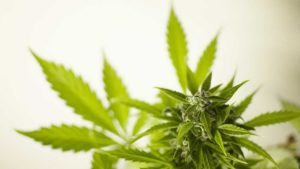
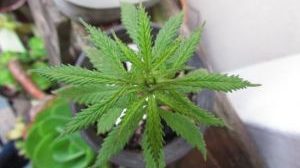
Comments are closed.